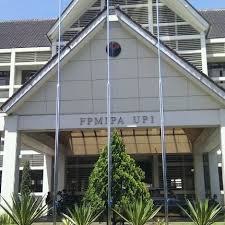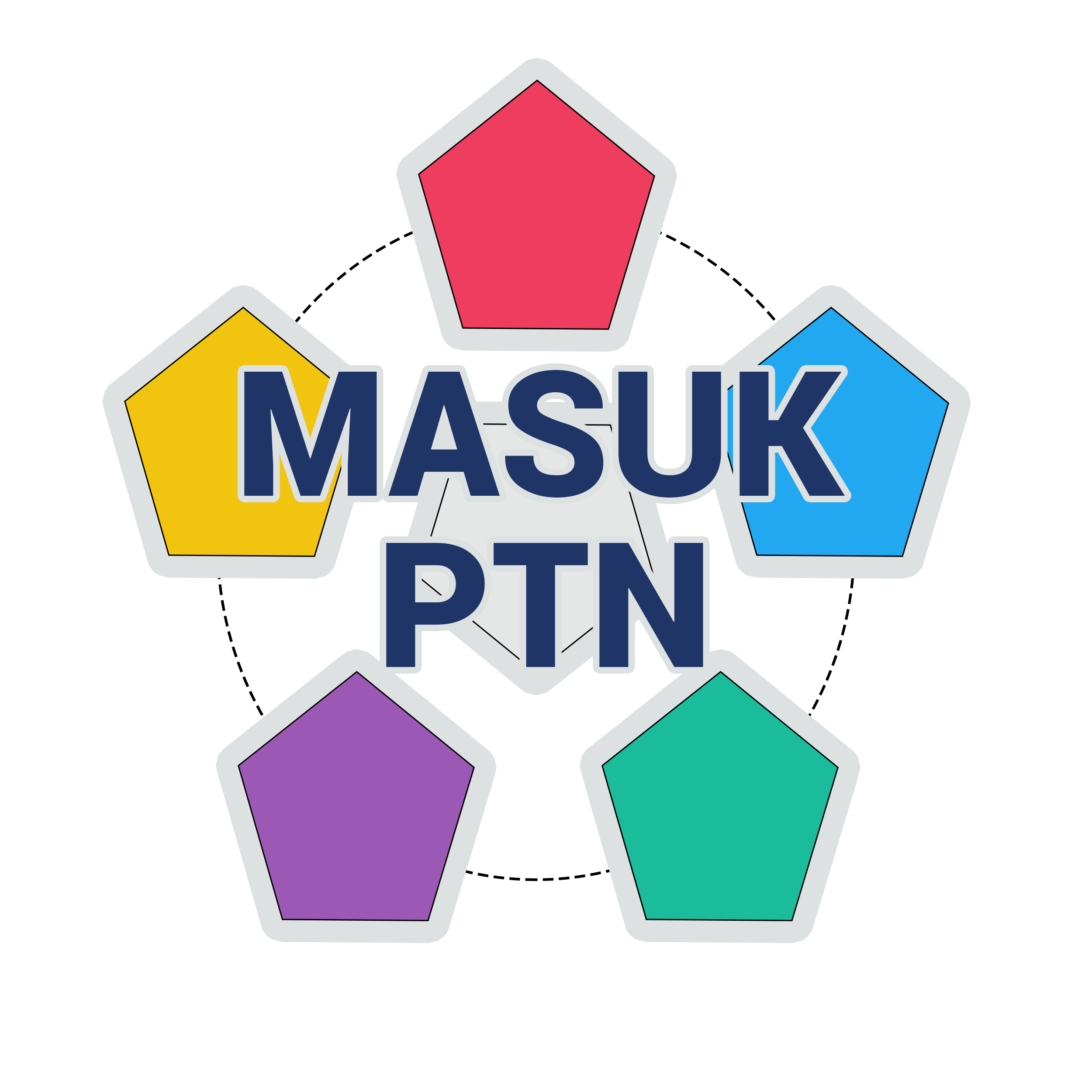SEJARAH
History of the Master Program of Science Education (MPSE)
The Master Program of Science Education was established on October 21, 1993 based on Decree Number 588 / DIKTI /Kep / 1993. The establishment of the science education study program was inseparable from the dedication of educational experts who pioneered study programs to develop education and teaching in the field of Natural Sciences at IKIP Bandung at that time. Among the pioneers are Prof. Dr. Garnadi Prawirosudirdjo, M.Sc., Prof. Dr. Anna Peodjiadi, Prof. Dr. Ratna Wilis Dahar, M.Sc. and Prof. Dr. Achmad A. Hinduan, M.Sc. Since its establishment in 1993 until now the name of the Masters Program of Science Education has never changed. The Science Education Study Program has been required to be accredited by BAN PT from 1993 until now, and it has received an A rank accreditation. Apart from being accredited by BAN PT, the Masters Program of Science Education since 2014 has been certified with ISO 9001: 2008 and ISO 9001: 2015 certification in 2018. In 2016 The Science Education Study Program received international recognition in the form of the ASEAN University Network Quality Assurance (AUN-QA) certification. The field of study for the Masters Program of Science Education in general focuses on the development of technological knowledge, pedagogy of science subject matter (Technological Pedagogical Content Knowledge / TPACK) that is relevant to the demands of education in the era of industrial revolution 4.0 and the demands of 21st century skills. The study of the concepts of chemistry, physics, biology in the context of the school curriculum and higher education curriculum is an integral part of other fields of study. Specific studies on the development of assessment in science education, the development of students’ higher order thinking skills (HOTS) are important studies in line with the demands of 21st century skills. In addition, cultural studies and local wisdom in the context of science education (ethno science & ethno science pedagogy) and the professional development of science teachers are one of the important areas of study in the Science Education study program. Educational philosophy (pedagogic studies) and philosophy of science were provided to students to base educational thinking. Science learning assessments and science learning innovations by applying the latest principles of science and technology development are also part of the 2018 curriculum content. To strengthen thesis writing skills, courses in research methods, applied statistics, and study of international science education research results are provided.
History of the Doctor Program of Science Education (DPSE)
The Doctorate Program of Science Education was established on October 21, 1993 based on Decree Number 588 / DIKTI / Kep / 1993. The establishment of DPSE was inseparable from the dedication of educational experts who pioneered study programs to develop education and teaching in the field of Natural Sciences at IKIP Bandung. Among the pioneers are Prof. Dr. Garnadi Prawirosudirdjo, M.Sc, Prof. Dr. Anna Peodjiadi, Prof. Dr. Ratna Wilis Dahar, M.Sc. and Prof. Dr. Achmad A. Hinduan, M.Sc. Since its establishment in 1993 until now the name of the Doctorate Program of Science Education has never changed. The Doctorate Program of Science Education has since been required to be accredited by BAN PT until now it has always received an A rank accreditation. In addition to being accredited by BAN PT, the Doctorate Program of Science Education, since 2014 has been certified ISO 9001: 2008 and ISO 9001: 2015 certification in 2018. The Doctorate program of Science Education generally focuses on the development of technological knowledge, pedagogy of subject matter (Technological, Pedagogical Content Knowledge – TPACK) Science that is relevant to the demands of education in the era of industrial revolution 4.0 and the demands of 21st century skills. The study of the concepts of chemistry, physics, biology in the context of the school curriculum and higher education curriculum is an integral part of other fields of study. Specific studies on the development of assessment in science education, the development of higher order thinking skills of students (HOTS) are important studies in line with the demands of 21st century skills. In addition, cultural studies and local wisdom in the context of science education (ethno science & ethno science pedagogy) and the professional development of science teachers are one of the important areas of study in the 2018 the Doctorate Program of Science Education curriculum. Educational philosophy (pedagogic studies) and philosophy of science provide the basis for educational thought. Program development and evaluation of science education programs, development of science learning assessments, research methods, applied statistics, and study of the results of international science education research are courses intended for students as the basis for preparing a dissertation.
LAB
- lab computer
PROGRAM STUDI
Vision of Master Program
To become a Leading and Outstanding study program and to gain international recognition in the Asian region by 2025
- To provide education that fosters and develops science education that are accommodating to the demands of the industrial revolution 4.0 era and 21st century skills;
- To conducts research that creates and develops innovative science education theories and practices based on current development and local wisdom;
- To disseminate experiences and innovations in science education; and
- To build networking with national and international institutions
Missions of Master Program
Objectives
- Produce master graduates in science education having the skills and abilities to make appropriate and professional decisions based on the analysis of information and data, and able to choose various alternative solutions independently and in groups to solve teaching and learning problems in accordance with the best learning outcomes and optimal student development.
- Produce innovative researches in the field of Science Education and to publish high quality articles in accredited national journals or reputable international journals.
Vision of Doctor Program
To become a Leading and Outstanding study program in science education and to gain international recognition in the Asian region by 2025
- To organize education by developing trans disciplinary knowledge in strengthening educational disciplines and natural science disciplines that are accommodating the demands of the 4.0 industrial revolution era and 21st century skills
- To carry out innovative research in creating novelty; deepen, expand, and solve science education problems with a trans disciplinary approach
- To organize community service in disseminating experiences and innovative findings of science education discipline to increase knowledge, skills, and community welfare
- To develop networks through collaboration with professional organizations and other institutions at the national, regional, and international levels in strengthening leading and outstanding the science education study program
Missions of Doctor Program
- To organize education by developing trans disciplinary knowledge in strengthening educational disciplines and natural science disciplines that are accommodating the demands of the 4.0 industrial revolution era and 21st century skills
- To carry out innovative research in creating novelty; deepen, expand, and solve science education problems with a trans disciplinary approach
- To organize community service in disseminating experiences and innovative findings of science education discipline to increase knowledge, skills, and community welfare
- To develop networks through collaboration with professional organizations and other institutions at the national, regional, and international levels in strengthening leading and outstanding the science education study program

 MASUK PTN
MASUK PTN